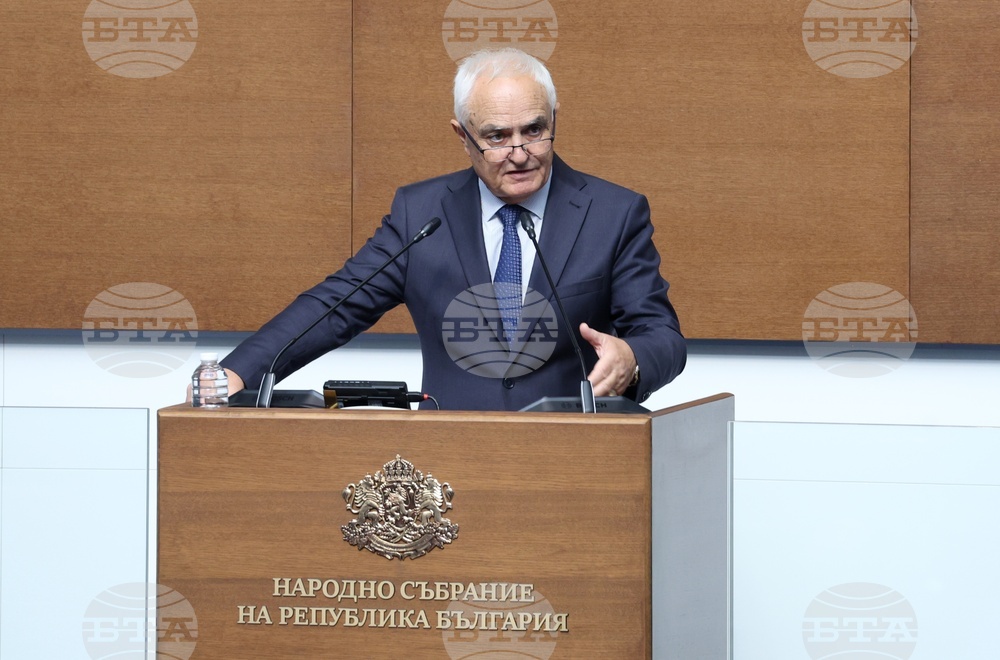site.btaDefence Minister Zapryanov: Military Schengen Concerns Border Passage Procedures for Allied Troops, Not Transport Infrastructure


The “Military Schengen” concerns border procedures when EU troops pass through Bulgaria’s territory and the facilitation of these procedures, said Defence Minister Aranas Zapryanov during a hearing in Parliament on Friday. It is not about transport infrastructure, built and financed by the EU.
The hearing was in relation to a letter of intent for the creation of a military mobility corridor, or military Schengen, which Romania and Bulgaria signed together with Greece at the NATO summit in Washington.
Zapryanov said that the memorandum signed between Bulgaria, Greece and Romania does not have the status of an international treaty under the Vienna Convention and is a legally non-binding document, which aims to express the readiness of the three countries to work towards the establishment of a military mobility corridor in order to improve the interaction between them. Zapryanov said that this involves upgrading national infrastructure and will also bring economic benefits.
He said national legislation has been revised to easing border and customs procedures.
Zapryanov said that Bulgaria is actively working to develop the transport infrastructure and said that it is important for Bulgaria to remain active with concrete ideas and actions for further construction.
The Minister said that military mobility as an EU initiative aims to ensure the rapid movement of military units and equipment both in peacetime and in times of crisis and conflict in all strategic directions and in all modes of transport. Zapryanov saidd that it is implemented under the auspices of the European Defence Agency and is also used by the Connecting Europe Facility and explained that the Facility makes tarrgeted investments in transport infrastructure. Zapryanov said that EUR 1.69 billion have been earmarked for dual-purpose transport infrastructure projects and explained that the funding from the EC is up to 50% and for EU cohesion policy countries it can reach up to 85%.
/PP/
news.modal.header
news.modal.text